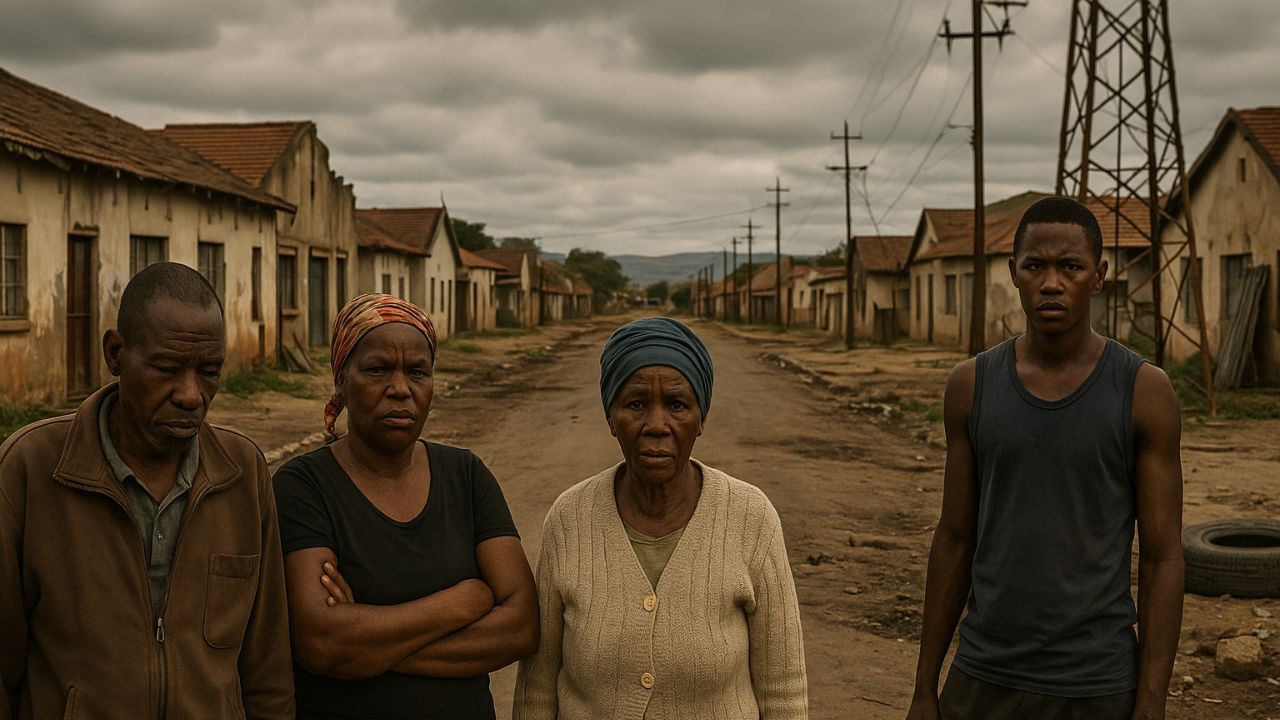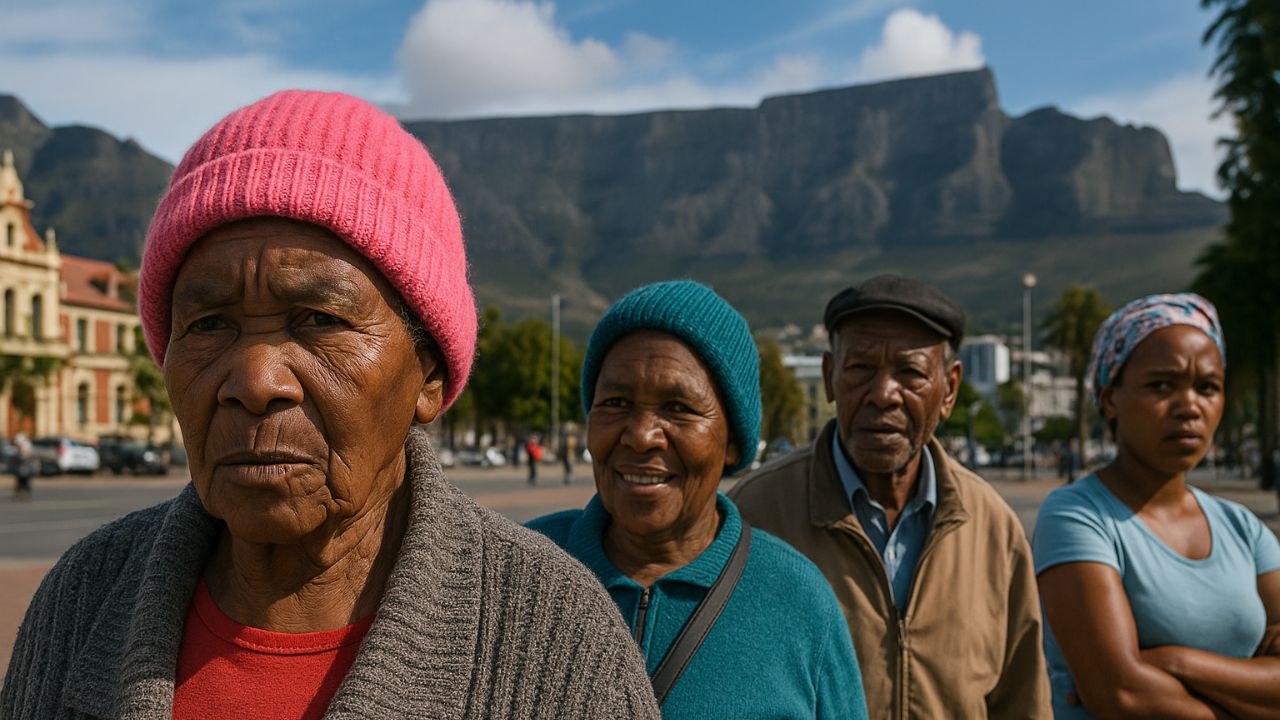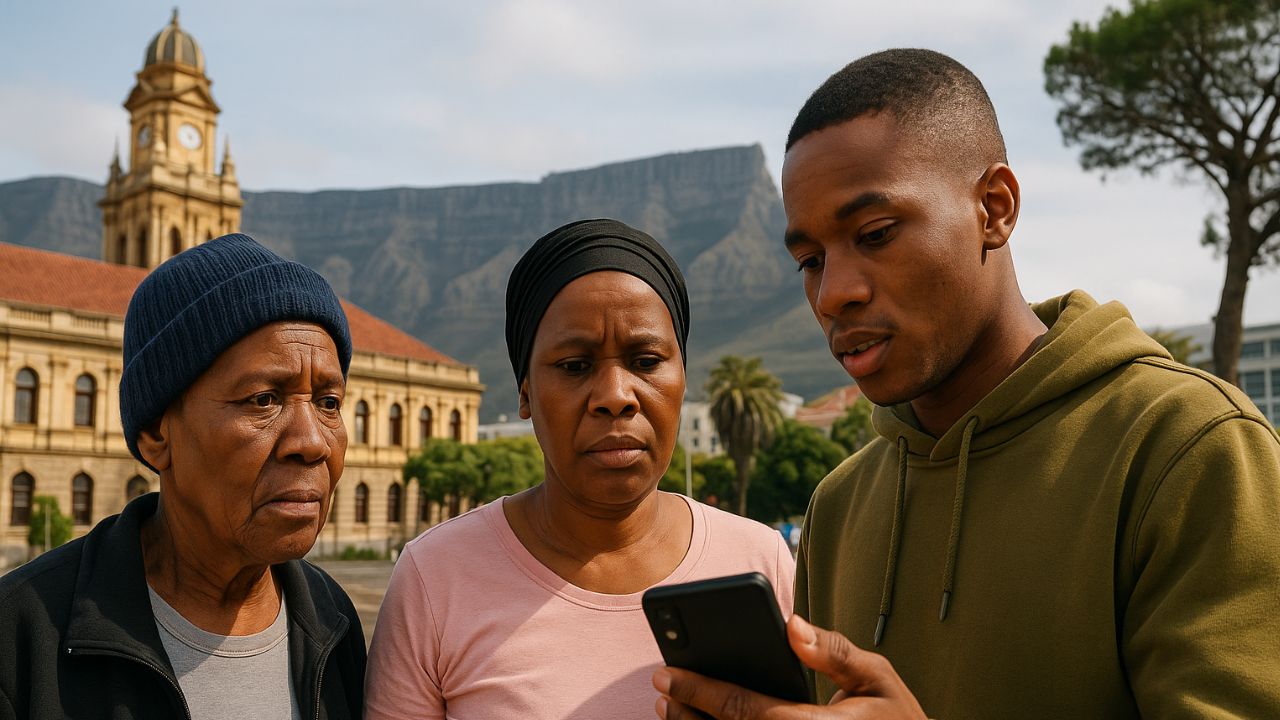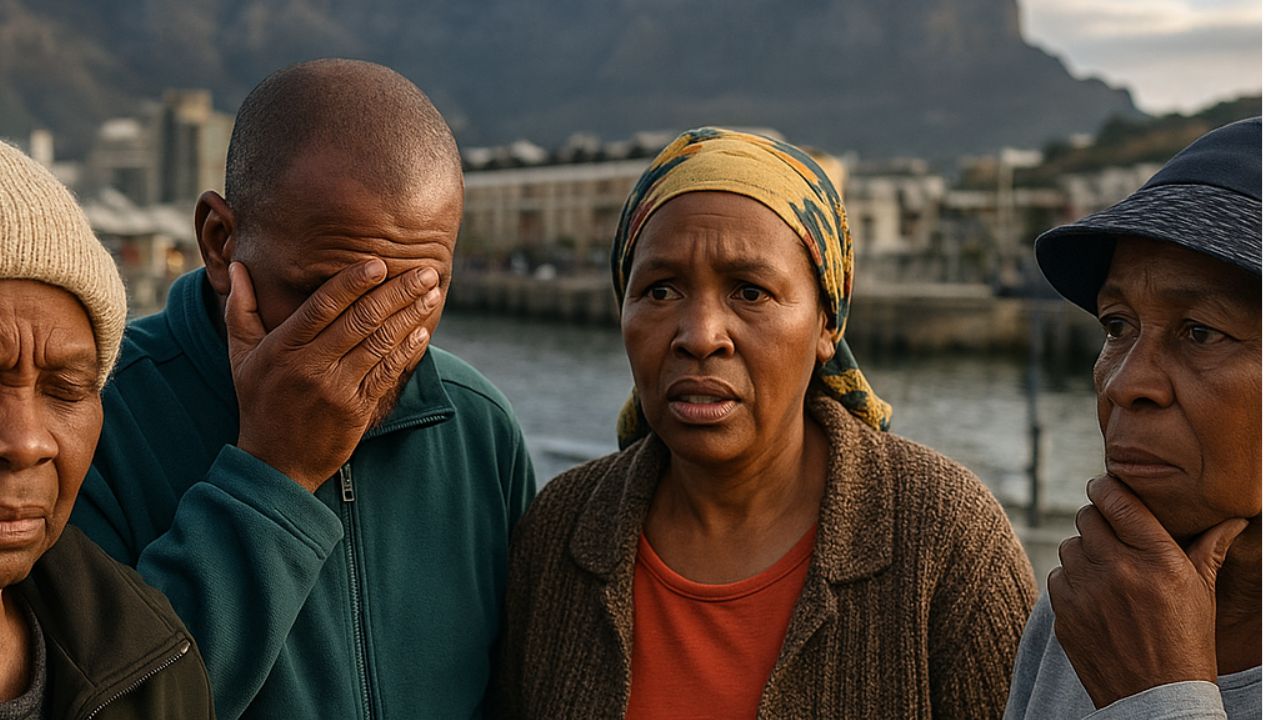
South Africa’s municipalities are in deep crisis, with towns across Limpopo and KwaZulu-Natal (KZN) facing severe service delivery failures. Residents have been left in the dark and without running water for days, as power and water infrastructure crumbles under financial mismanagement, corruption, and aging systems. In many communities, water tankers are now the only source of drinking water, while small businesses are collapsing due to frequent blackouts. Residents report long queues at public taps and a growing sense of frustration over government inaction. Despite billions being allocated to infrastructure rehabilitation, most municipalities remain bankrupt, unable to pay Eskom or maintain water plants. This ongoing collapse has left families struggling, schools disrupted, and hospitals operating on backup generators. The crisis has sparked nationwide outrage, as South Africans demand urgent intervention from national government before more towns descend into complete dysfunction.
Widespread Blackouts and Water Outages Across Limpopo
In Limpopo, several municipalities including Mogalakwena, Thabazimbi, and Makhado have been hit hardest by ongoing power and water shortages. Eskom has repeatedly disconnected supply to some councils due to unpaid debts exceeding R1 billion, plunging residents into days of darkness. Water supply is equally unstable, with pumps unable to function during power cuts and boreholes running dry. Local businesses and clinics have been forced to invest in costly generators and water tanks to survive. Residents say they now live in constant uncertainty — unsure when taps will flow again or when lights will return. The Limpopo Provincial Government has admitted that financial instability and corruption have crippled municipal operations. Community protests have become frequent, with residents blocking roads demanding accountability and better governance from local leaders who have failed to maintain even basic services.
KwaZulu-Natal’s Water Crisis Deepens Amid Infrastructure Neglect
In KwaZulu-Natal, towns like uThukela, uMhlathuze, and Msunduzi are facing an escalating crisis as water treatment plants break down and sewage systems overflow. Ageing infrastructure, combined with poor maintenance and mismanagement, has led to dangerous water contamination levels. Many areas have not seen consistent water supply for months, forcing residents to rely on rainwater or unsafe river sources. The situation has heightened public health risks, with reports of waterborne illnesses increasing in rural communities. Experts warn that without immediate investment, KZN could face a humanitarian disaster as its municipal infrastructure collapses further. Local officials have blamed load shedding and theft of equipment for service failures, but audits reveal deeper governance problems. Despite government promises to repair facilities, progress has been painfully slow, leaving communities desperate and distrustful of any new commitments.
Economic and Social Impact on South African Communities
The collapse of municipal services in Limpopo and KZN has had devastating effects on local economies and community morale. Small and medium enterprises, which depend on reliable electricity and water, are closing down at alarming rates. Agricultural production has declined sharply in regions where irrigation systems no longer function. Schools and clinics face constant interruptions, further weakening public confidence in the system. Families spend a large portion of their income buying water and fuel for generators, deepening the poverty cycle. The youth, witnessing the breakdown of their hometowns, are migrating to larger cities, further hollowing out rural economies. Economists warn that without urgent financial intervention and improved oversight, entire towns could become “unlivable zones” by 2026, driving mass displacement and worsening unemployment in already struggling provinces.
Calls for Government Intervention and Long-Term Reform
As frustration mounts, South Africans are demanding decisive national intervention to rescue failing municipalities. Civil society groups and unions are calling for provincial takeovers of bankrupt councils and stronger anti-corruption enforcement. The Department of Cooperative Governance and Traditional Affairs (COGTA) has pledged to deploy expert teams to assist struggling municipalities, but residents argue that promises are no longer enough. Analysts suggest that restructuring debt, appointing qualified engineers, and ensuring transparent financial audits could stabilize local governments. Long-term reform must also include community participation and accountability mechanisms to rebuild trust. The crisis in Limpopo and KZN serves as a warning that municipal collapse threatens not just basic services but the broader stability of South Africa’s democracy. Without immediate action, millions may continue to suffer under the weight of systemic neglect and mismanagement.






